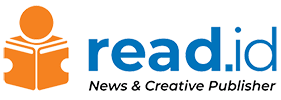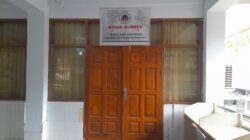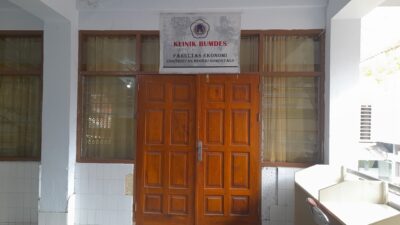READ.ID – The landscape of auditing has undergone a substantial transformation with the advent of remote technologies, marking a significant departure from traditional audit practices. The COVID-19 pandemic accelerated this shift, prompting auditors to embrace remote auditing procedures. Remote auditing, enabled by advanced communication and digital tools, has proven its potential in not only maintaining audit operations during challenging times but also enhancing efficiency, accuracy, and adaptability. In this article, we delve into the evolution, benefits, challenges, and future prospects of remote auditing procedures.
Evolution of Remote Auditing
The concept of remote auditing is not entirely new, but its widespread implementation gained momentum due to the pandemic. In traditional audits, auditors would visit physical locations to examine financial records and internal controls. However, with the aid of secure online platforms, data sharing, and cloud-based systems, auditors can now perform a substantial portion of audit work from a remote location.
Benefits of Remote Auditing
1. Flexibility and Efficiency : Remote auditing allows auditors to work from different locations, eliminating the need for extensive travel. This flexibility not only saves time and resources but also enhances audit efficiency as auditors can manage their schedules more effectively.
2. Enhanced Data Accessibility : Digital transformation has made financial data more accessible than ever before. Auditors can access financial records, documents, and transactions remotely, streamlining the audit process and reducing delays.
3. Real-time Collaboration : Cloud-based collaboration tools enable real-time communication between auditors, clients, and relevant stakeholders. This instantaneous exchange of information improves communication and minimizes misunderstandings.
4. Reduced Disruption : Physical audits often disrupt regular business operations. Remote auditing minimizes this disruption, allowing organizations to maintain their activities with minimal interference.
Challenges of Remote Auditing
1. Data Security and Privacy : Remote auditing relies heavily on digital communication and data sharing. Ensuring the security and privacy of sensitive financial information becomes a paramount concern.
2. Quality of Evidence : Auditors may face challenges in obtaining original documents and verifying the authenticity of digital records. Adequate controls must be established to ensure the integrity of evidence.
3. Lack of Physical Presence : Physical site visits provide auditors with insights beyond the numbers, such as observing operations and interactions. Remote auditing may lack this qualitative aspect.
Future Prospects
The evolution of remote auditing is likely to continue, driven by advancements in technology, increasing demand for flexibility, and the lessons learned from the pandemic. Integrating artificial intelligence and data analytics into remote audit procedures can enhance the accuracy of risk assessment and detection of anomalies.
However, the future of auditing is expected to be a hybrid model, combining remote procedures with occasional on-site visits when necessary. This approach would allow auditors to strike a balance between the benefits of remote work and the advantages of physical presence.
Written by Yustina Hiola, SE., Ak., MSA., CA., ACPA.
(Lecturer in Accounting, Economic Faculty, Universitas Negeri Gorontalo)









